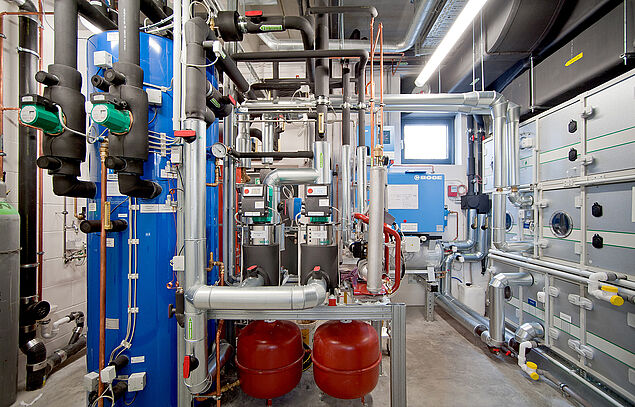What risks must be considered when working in biobanks? What disaster scenarios exist? And how can these be handled – risks reduced, emergencies prevented? On 14 November 2018, a workshop was held on this subject in Berlin with 17 participants from biobanks of the German Biobank Alliance (GBA).
Risk management: laying the groundwork
GBA QM core team member Bettina Meinung began her introductory speech with the words: “Risk management includes all measures to identify, analyse, evaluate and monitor risks.” She used the example of aliquoting with a pipetting robot to present the Failure Mode and Effects Analysis (FMEA) risk analysis method. FMEA allows the particularly structured documentation of potential risks (in this case, “dripping” or “insufficient quantity”) and countermeasures. Other methods of risk analysis such as ISHIKAWA and Business Impact Analysis (BIA) were then discussed during group work. “Risk management is an important part of quality management,” said Christiane Hartfeldt, QM coordinator at GBN. “Of course, the overriding goal here is to avoid mistakes.”
Disaster management – what to do in an emergency?
Analysing the risks is an important first step in disaster management – the latter describes the management of emergency situations so that the damage is limited as far as possible. Dr. Sabrina Schmitt, who also belongs to the QM core team, introduced participants to the topic. “Incidents both within your own institution and outside it must be considered,” she explained. “A full power outage across the region, for example.” One very real potential disaster scenario for biobanks is above all interruption of the cold chain and, in a worst-case scenario, the loss of biomaterial samples. The aim is to limit the damage caused by an emergency situation as best possible with the help of a contingency plan and handbook. Sabrina Schmitt presented the disaster concept of the NCT Biobank (Heidelberg) here by way of example.
Further workshops planned
In subsequent workshops later this year, staff from other GBA biobanks will present individual examples of risk and disaster management, exchange on the subject and learn from one another.




